Although a normal human emotion, anxiety becomes a disorder when it is persistent, excessive, and interferes with daily life. In such case, treatment is important to manage the condition and restore daily functioning. If you’re struggling with anxiety, you might wonder whether to take medication, start therapy, or try both. This post breaks down the differences between anxiety medication and therapy, and how to decide what might be best for you.
Understanding Anxiety Treatment Options
There are two main evidence-based treatment paths for anxiety. They are:
- Medication, which works on brain chemistry to reduce symptoms; and
- Therapy, which focuses on addressing thought patterns, behaviors, and coping skills.
Anxiety Medication: How It Works

Medication for anxiety works by targeting the brain’s neurotransmitters such as serotonin or norepinephrine. By altering brain chemistry, anxiety medication helps to reduce overwhelming worry, panic, and resulting physical symptoms.
Common Types of Anxiety Medication
- Selective Serotonin Reuptake Inhibitors (SSRIs):
These are often first-line for treating anxiety disorders. SSRIs delay the rate at which the body absorbs serotonin, making more of it available for use. With increased serotonin levels, individuals have improved mood and bodily functions. SSRI examples are sertraline, fluoxetine, paroxetine, etc.
- Serotonin-Norepinephrine Reuptake Inhibitors (SNRIs):
These work by increasing the levels of the serotonin and noreponephrine neurotransmitters in the brain. Examples are venlafaxine and duloxetine.
- Benzodiazepines:
These are used for short-term relief of acute anxiety and are not recommended long-term).
- Beta-blockers:
They are sometimes used for performance or situational anxiety.
Pros of Anxiety Medication
- Can significantly reduce physical symptoms such as racing heart, jittering, and constant tension
- Helpful for moderate to severe anxiety
- May allow patients to fully engage in therapy
Cons of Anxiety Medication
- They may take weeks to work, especially SSRIs and SNRIs
- They have possible side effects such as sleep changes, weight changes, and even sexual side effects
- Not a “cure”. Symptoms may return if stopped.
Therapy for Anxiety: How It Helps

Therapy focuses on the root causes of anxiety and equips you with practical coping skills.
Types of Evidence-based Therapy Approaches
- Cognitive Behavioral Therapy (CBT):
CBT helps to identify and adjust anxious thought patterns.
- Exposure Therapy:
This involves gradual and supported exposure to fears.
- Mindfulness-based Therapy:
Here, therapy integrates mindfulness and reduces rumination, thus helping to manage stress.
- Supportive Therapy:
This is conventional therapy that provides a space to talk openly and process emotions.
Pros of Anxiety Therapy
- Therapy addresses underlying patterns, not just symptoms, thus aiming for more lasting results
- Provides long-term coping tools
- No side effects as with medication
- It builds emotional awareness and resilience
Cons of Anxiety Therapy
- It is more time consuming than medication
- It requires consistent effort
- Progress may feel slower than medication in the beginning
- Accessibility, including finding the right therapist, cost, scheduling, can be a challenge. However, telehealth now effectively addresses this challenge
Medication vs Therapy: Which Is Better?
The short answer: there is no one size fits all. It depends on your needs.
- Mild anxiety: Therapy alone may be enough.
- Moderate to severe anxiety: Medication can reduce symptoms enough to make therapy more effective.
- Chronic or treatment-resistant anxiety: A combination of both is usually best.
Repeated research shows that combining therapy and medication often produces the best outcomes for anxiety disorders.
How to Decide What’s Right for You
Before you decide, ask yourself the following:
- Do I want quick symptom relief?
(If yes, medication may help first.)
- Do I want long-term coping skills?
(If yes, therapy is essential.)
- Am I open to both?
(If yes, combination treatment is highly effective.)
- Do I have medical conditions or take other medications?
(This would influence the type of medication or therapy you would need.)
Discuss with a provider to make well-informed decisions.
Final Thoughts
When it comes to choosing anxiety medication or therapy, there’s no one-size-fits-all answer. While medication can reduce the intensity of symptoms, therapy teaches lasting skills to manage them. So the right treatment approach depends on your symptoms, preferences, and lifestyle. For many people, using both together provides the best results.If you’re unsure, the best first step is to schedule a telehealth mental health appointment. At Reverent Health Psychiatry, we’ll walk you through your options, explain benefits and risks, and help you decide on a personalized plan of care.





